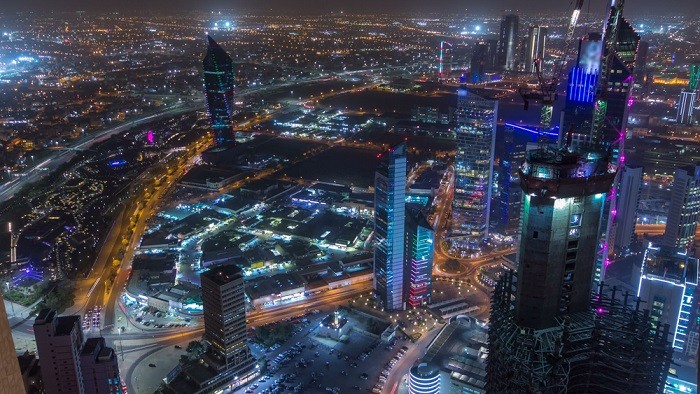The recently updated state budget for 2020-2021 was marked by a high degree of waste in spending, as well as allocating hundreds of millions of dinars to budget items that are ambiguous or require clarification and explanation, Al Jarida reported.
While sections in the budget are not without waste, it needs a medium-term restructuring, such as redirecting subsidies to those who deserve it, appraising the amounts and subsidies given to individuals from those handed to companies, as well as controlling waste in projects and tenders and unifying the procurement and offering systems in state agencies.
Although the preamble to the budget published on the Ministry of Finance website stressed that it took into account “the rationalization of spending, reducing and controlling expenditures, and the end to unnecessary and secondary expenditures that do not affect the performance of government agencies”. After reviewing all budget expenditures, it became clear that the total waste was included in vague data, amounted to 2.7 one billion dinars, equivalent to 12.5 percent of the total expenditures for 2020-2021, said Al Jarida daily
In detail, allocating KD440 million dinars to cover medical expenses abroad is unjustified, first because it is a continuation of tourism treatment policies, whose value has increased in recent years to buy loyalties, and secondly because the Ministry of Health has opened in recent years many health expansion projects and centers in hospitals. The government, in addition to the third reason, which is the most important, because treatment abroad is supposed to be stopped or within the narrowest limits, due to the repercussions of the coronavirus on travel or treatment in various countries of the world.
The budget also includes high expenditures that exceed even their counterparts in the years of prosperity before the problems. Kuwait spends KD21 million dinars on hospitality, parties, gifts and trips, which is an item different from the correspondents and hotel items with a cost of KD8.2 million dinars, and exhibitions are KD3 million dinars, which differ from expenditures for local conferences costing KD3.4 million, stationery and office supplies at KD6.3 million, and government building rents which reach KD61 million, despite the existence of many state-owned schools or colleges.
The expenses of internal and external training in the budget amount to KD10 million dinars, which differ from the expenses of official foreign missions, which amount to KD34 million dinars.
As for the consultancy contracts in the budget, their value is KD61 million dinars, and they differ from the value of consultant contracts in government agencies, which are worth KD22 million.
As for the vague expenses that are not detailed in the budget, their value is much higher than the outright waste. Rather, their impact in terms of lack of transparency is more harmful to public funds. Items such as other businesses is valued at KD84 million, miscellaneous services at KD358 million, and various activities at KD135 million. These are all items worth KD639 million dinars, and their ambiguity gives rise to questions about the quality of expenditures, between accusations of waste and even corruption.
Of course, the budget is also full of waste and ambiguous items that can be dealt with on a medium-term, but it’s continuing to remain represents an outright waste and action must be taken to address it now, such as spending KD506 million dinars on internal and external scholarships annually, on an increasing scale, taking into account that about 70 percent of this scholarship is inside the country.
On the other hand, Al Jarida found among the ambiguous items a new item in the budget, which is “emergency expenditures” of KD500 million dinars, which is related to the expenditures imposed by the repercussions of the Coronavirus pandemic on public spending. However, this item was supposed to be officially determined with the pandemic’s expenditures, so that there would be unjustified flexibility to repeat it in the coming years, bearing in mind that the existence of an item for corona’s expenditures logically requires that many of the items included in the above budget shrink, because the coronavirus repercussions such as closing the economy, borders and disrupting business, should be but was not reflected in the budget.
In fact, the waste is not represented in the items themselves, the government agency should not be without what is required, but rather a re-evaluation of the costs in the items. As it is inconceivable that the costs of budgetary items of stationery and office equipment would double in 4 years.
If the provisions are vague, there should be allowances for interpretation and skepticism at a time when government policy makers claim their need for economic measures and funding that does not enjoy much public support, which necessitates addressing these and other gaps in the budget to build a minimum level of confidence, before embarking on alternatives and government plans, to fill the budget deficit, such as taxes and borrowing.

